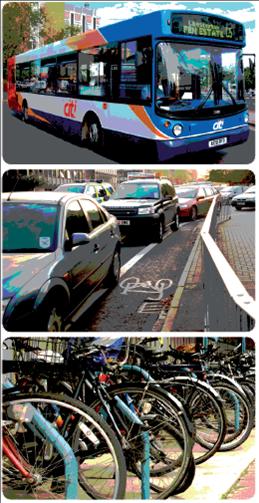Please now see the Population Health Interventions programme
Physical activity reduces the risk of diseases such as diabetes and heart disease, and the health of most people in the UK and many other countries would be improved if the population were to become more physically active.
However, efforts to bring this about have met with little success to date. One reason may be that the environments we have created for people to live in — our cities, transport systems and workplaces, for example — are not sufficiently conducive to an active lifestyle. Changing the economic, physical and social factors that influence our behaviour is possible, but more scientific evidence about the effects of doing so is needed to guide policy and practice.
The Physical Activity and Public Health programme was established in 2012. Its main aim was to investigate the effects of environmental or policy changes on population physical activity patterns. We used a combination of epidemiological and social science research methods to study what happens when people’s circumstances change — for example, when new public transport, cycling or walking routes are provided or when people move into a new neighbourhood.
In 2019, the Physical Activity and Public Health programme became incorporated into a new research programme on Population Health Interventions. For further information on the history, membership and achievements of the programme between 2012 and 2019, please click here.

 MRC Epidemiology Unit
MRC Epidemiology Unit